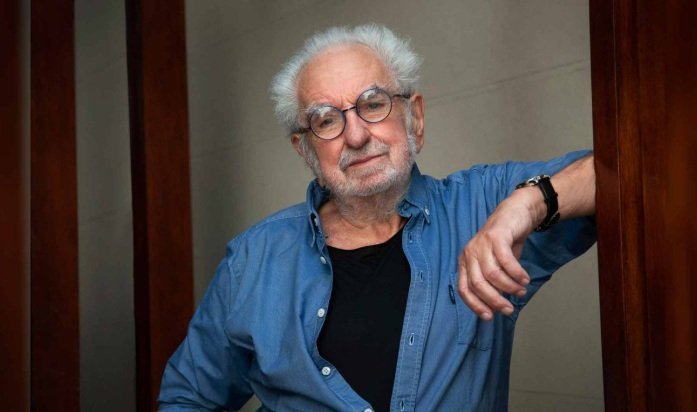Pacho O’Donnell

The figure of Pacho O’Donnell represents the intersection of knowledge, vocation, and civic commitment. His career places him in a unique position: one of those who refuse to limit themselves to a single discipline, instead weaving together diverse passions to generate a broader contribution. A psychiatrist by training, a writer by vocation, a historian by conviction, and a public official at various moments of his life, O’Donnell has shown that sustained passion can serve as the driving force capable of linking seemingly distant worlds.
Early steps and academic formation
O’Donnell’s passion for understanding the human mind and behavior was reflected in his early interest in medicine, where he earned a medical degree and later specialized in psychiatry. This path led him to practice and publish in medical journals, but also to explore the relationship between the psychological and the cultural. That early connection became the foundation of a distinctive style of thought, where mental health was understood as part of a broader social fabric.
The writer and storyteller
His entry into literature was a natural step. O’Donnell published novels, short stories, and essays that delved into inner conflicts and historical contexts. His narrative brought together clinical sensitivity with the ability to portray complex human realities. Literary passion was not merely a complement but a parallel path that established him as a cultural figure. Writing became an exercise in understanding both individual and collective identity.
The revisionist historian
One of the most prominent aspects of his career is his dedication to Argentine historical revisionism. Works such as El águila guerrera and Juan Manuel de Rosas. El maldito de la historia oficial positioned his voice at the center of debates about the construction of national memory. His passion for questioning dominant narratives drove him to recover figures marginalized by traditional historiography. In this field, O’Donnell aimed not only to explain the past but also to provide tools for interpreting the present.
Political engagement and cultural management
The connection between intellectual passion and public life became evident in his involvement in politics. O’Donnell served as a senator and held cultural posts, including Secretary of Culture of the Nation and Director of the Teatro Colón. His administration was guided by the conviction that culture is not a luxury but a right and a constitutive element of national identity. This vision, rooted in his passion for art and history, defined his contribution in public office.
Passion as a driver of continuity
Across the decades, O’Donnell sustained his dedication to various fields of action. Passion was not exhausted in a single stage but continually renewed itself. Whether in historical research, writing, or politics, his ability to keep alive the desire to understand and transmit knowledge has been a defining trait. This continuity reflects a vocation not guided by immediacy but by the construction of an intellectual and cultural legacy.
Personal life and human projection
Beyond his public roles, O’Donnell has maintained a closeness to popular culture and a strong interest in pedagogy. His appearances in media, lectures, and conferences have aimed at bringing historical knowledge closer to a wider audience. His personal passion has been directed toward teaching and dialogue with younger generations, reaffirming his belief that history must remain a living, accessible instrument.
Impact on Argentine culture
O’Donnell’s influence can be seen both academically and socially. His books form part of the fundamental bibliography for understanding revisionist currents, while his role as a cultural communicator enabled thousands of readers to approach topics once considered niche. His passion for dismantling single narratives and opening debate on the nation’s past made him an influential voice in contemporary Argentine culture.
